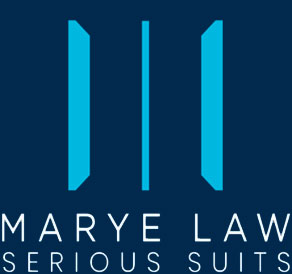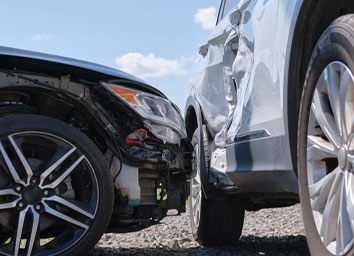Dallas Personal Injury Lawyers You Can Count On
WE TAKE WINNING SERIOUSLY
Every car accident lawyer knows – a serious injury can have a serious impact. Whether you’re dealing with an auto accident or another type of injury due to someone else’s negligence, your life can change in an instant. Suddenly, you might be in pain. Medical expenses can add up fast. So can other bills.
Get the support you need. Get the Dallas personal injury attorneys at The Marye Law Firm, P.C. Our law firm fights for the rights of injury victims throughout Texas. Our bilingual attorneys (we speak English and Spanish) can help you every step of the way. We know what’s at stake. We know what to do. We’re serious about winning your case.







